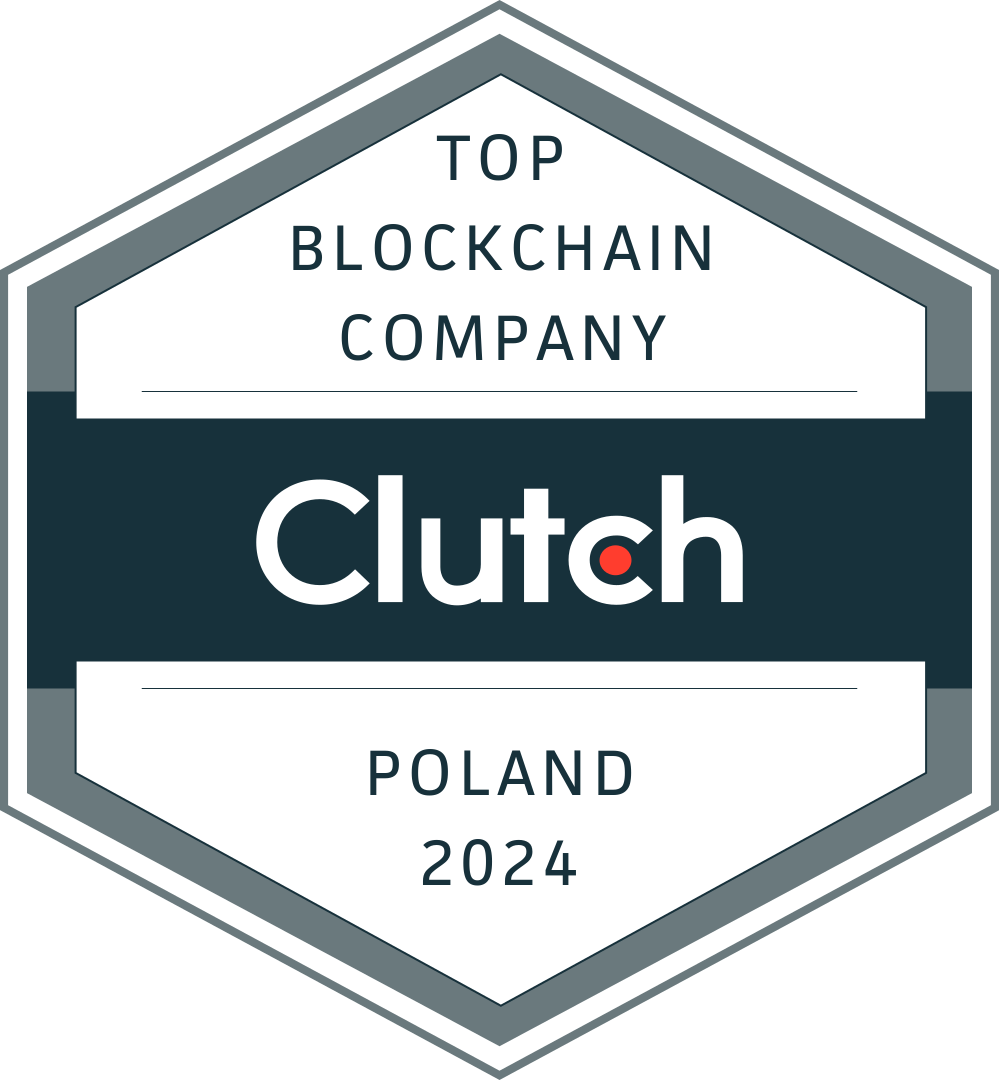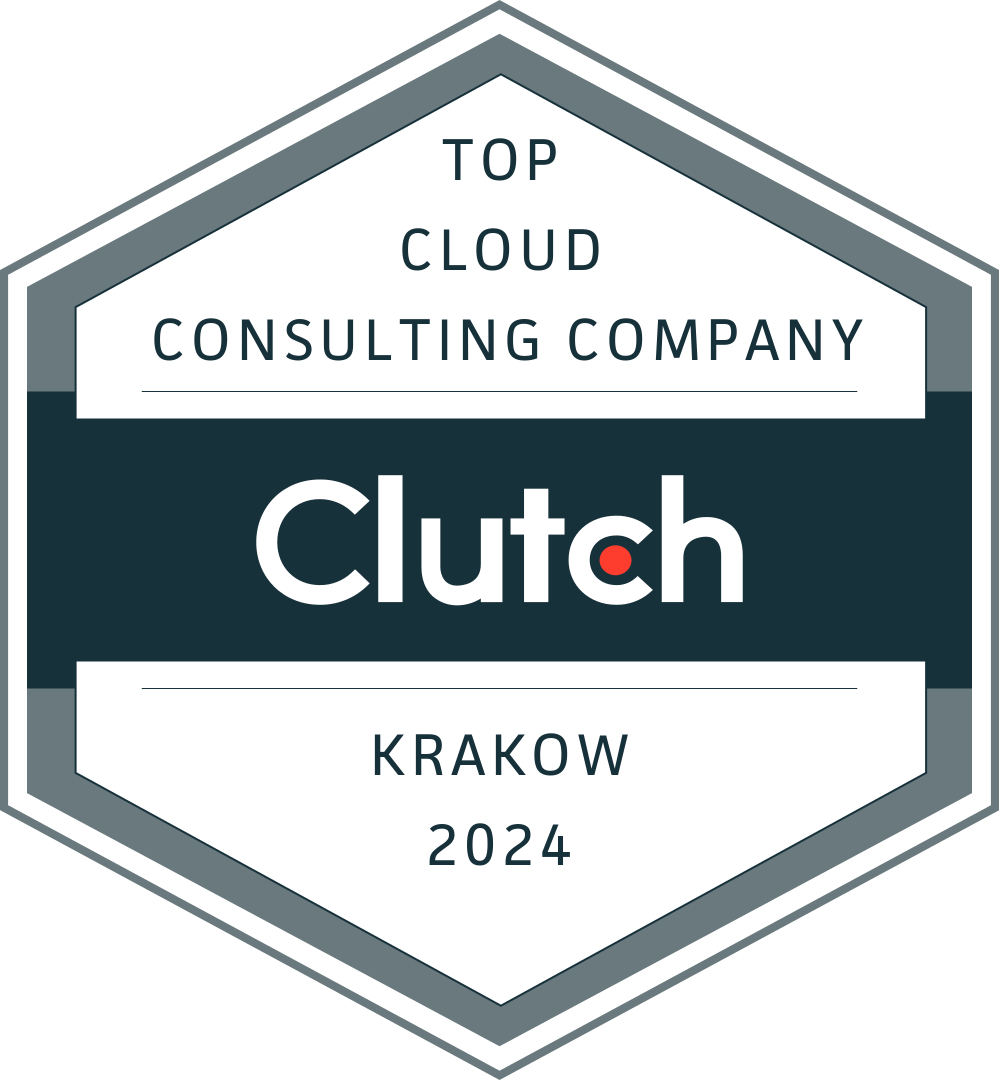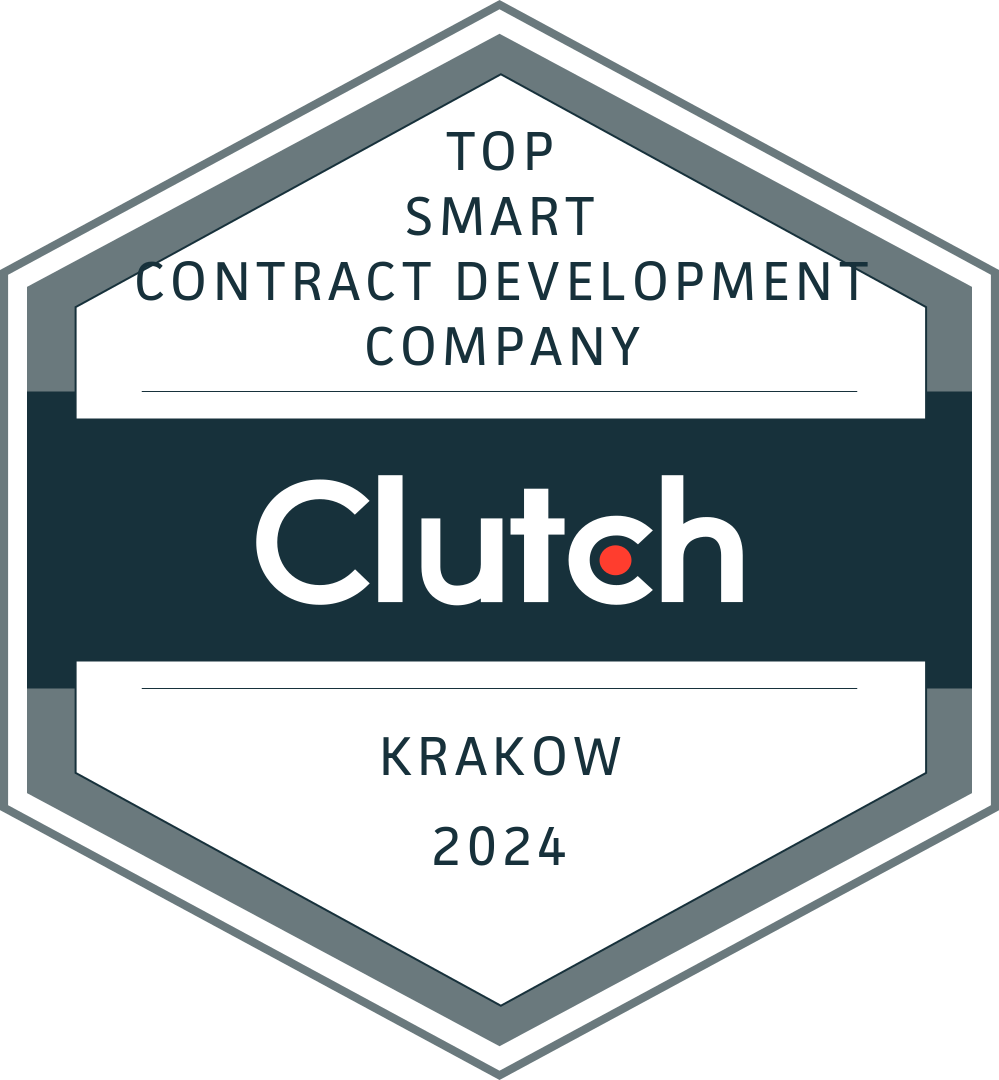How to become a blockchain developer
Mon, Dec 21, 2020 •3 min read
Category: Code Stories / Blockchain
The Blockchain Developer is perhaps the most sought after emerging job role of the 2020s. Since the advent of Bitcoin in 2009, the underlying blockchain technology has spread industry-wide into various novel applications. The promise of immutable, secure, and fast transactions makes blockchain a highly desirable investment for firms, especially in finance, banking, law, and real estate.
To help prepare you for a job of the future, this post discusses what you need to do to become a blockchain developer.
Work out where you want to be
Before diving into the technical aspects of blockchain, you have an initial decision to make. You can either look to work for a blockchain company and support their projects or create your own blockchain products and services. There are pros and cons to both options. Working for a reputable company will earn you a high salary, given the demand for the role. However, a blockchain entrepreneur will likely be able to raise much money via funding if you have a unique idea and want to retain the intellectual property.
The Long Island Iced Tea Company changed its name to Long Blockchain Corporation and received a massive funding amount. They still sell the same products, but the buzz around blockchain helped them get off the ground. If you become a skilled blockchain developer, there is much potential to do similar.
What does a blockchain developer do?
There are two different types of blockchain developers. A Core Blockchain Developer is responsible for the project's security and architecture, creating the architecture for others to build upon. A Blockchain Software Developer uses the core architecture to produce decentralized apps (dapps) and web varieties for blockchain technology. A small business may need somebody to fill both roles, but larger blockchain organizations will recruit separate developers.
The primary responsibilities of a Core Blockchain Developer are to design protocols and network security, understand and implement blockchain features and functionality, and ensure everything on the network works as intended.

A Blockchain Software Developer will develop and implement smart contracts, design the backend and frontend of dapps, make sure the dapps run as expected, and look after integrations with other services.

Technical skills of a blockchain developer
There are a considerable amount of technical requirements to become a blockchain developer. The image below shows what will be the expectation at a base level.

Data Structures
Knowledge of data structures is fundamental for blockchain development. They give you the capacity to test and learn with the technology and configure it in a way that suits your project.
Building smart contracts
Smart contract development is one of the most popular blockchain use cases. You will want to understand the Ethereum platform and Solidity programming language, which are the most used tools for smart contract creation.
Cryptography
Blockchain protects the data it holds using cryptography. A basic understanding of applying cryptography to algorithms is incredibly useful or bordering on essential for a blockchain developer.
Hash functions, distributed ledgers, Merkle Roots, and consensus
You will see these three terms in every blockchain development guide that you read. Without understanding how they feed into blockchain architecture, you won't be able to develop effectively.

Steps to get started as a blockchain developer
We’ve talked about deciding the type of developer you want to be and where you might apply those skills, but how do you get started in the world of blockchain technology?
Start with the basics
Become 100% familiar with blockchain architecture and the terms we have outlined in this post. Research the different tools and platforms that exist on the market and determine which of those you are most comfortable using.
Put it all together
Once you know the basics, familiarize yourself with how all the different blockchain constituents come together. For example, cryptocurrency is still the most common blockchain application. You can sign up to trading platforms to gain a real-world insight into the workings of the technology.

Learn to code
Start to code with the Solidity programming language on the Ethereum blockchain. You will be able to create smart contracts and dapps. Blockchain platforms are open-source, allowing you to review and understand how the code works. Write some simple blocks, turn them into a chain, validate, and test.
Keep reading and researching
When you have a foundational level understanding of how blockchain works and how to program it, continue to research and improve your skills. The technology is still very immature, and new trends emerge all the time. Join some programmer communities to share ideas with others and look out for project opportunities.
Summary
Becoming a blockchain developer requires a lot of learning and research. However, the rewards will likely be high with a mass of demand for the skills in a broad range of industries. It is an excellent time to start learning blockchain, with a boom expected during the 2020s as more organizations realize the benefits of the technology.












